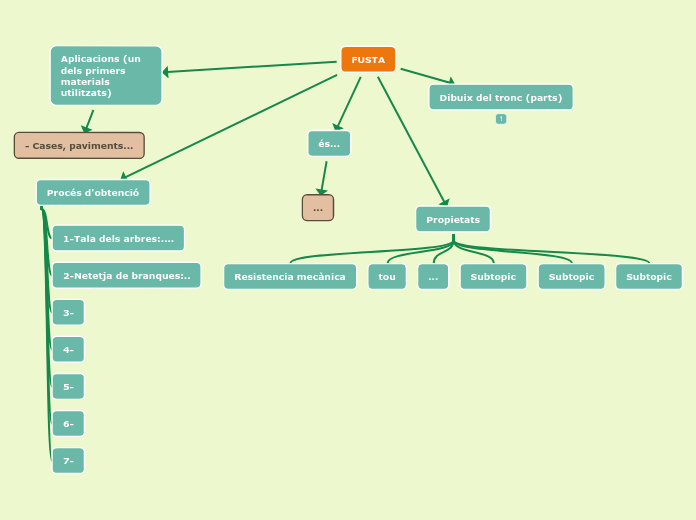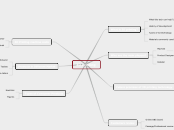по Rory Marleau 3 лет назад
199
Reflection
Various types of mirrors, including concave, plane, triple corner, and convex mirrors, each serve distinct purposes based on their reflective properties and structural designs. Concave mirrors are often used in applications like magnifying glasses and telescopes due to their ability to create real images.









